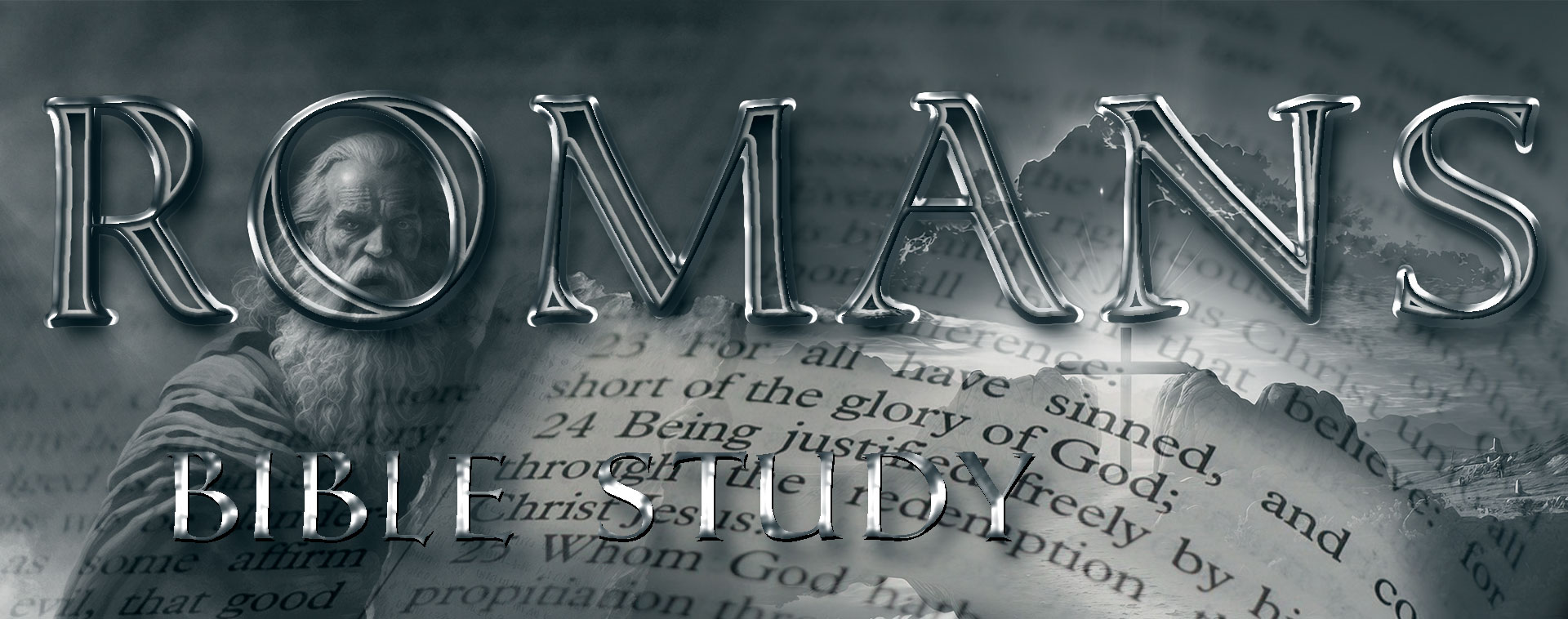
What shall we say then? Is there injustice on God’s part? By no means! 15 For he says to Moses, “I will have mercy on whom I have mercy, and I will have compassion on whom I have compassion.” 16 So then it depends not on human will or exertion, but on God, who has mercy. 17 For the Scripture says to Pharaoh, “For this very purpose I have raised you up, that I might show my power in you, and that my name might be proclaimed in all the earth.” 18 So then he has mercy on whomever he wills, and he hardens whomever he wills.

In Christ’s Service,
Pastor Kurt
Meeting Address:
27221 Foamflower Blvd.
Wesley Chapel, FL 33544
Ph: (813) 602-1104
Copyright 2025, Faith Lutheran Church, Wesley Chapel. All Rights Reserved.